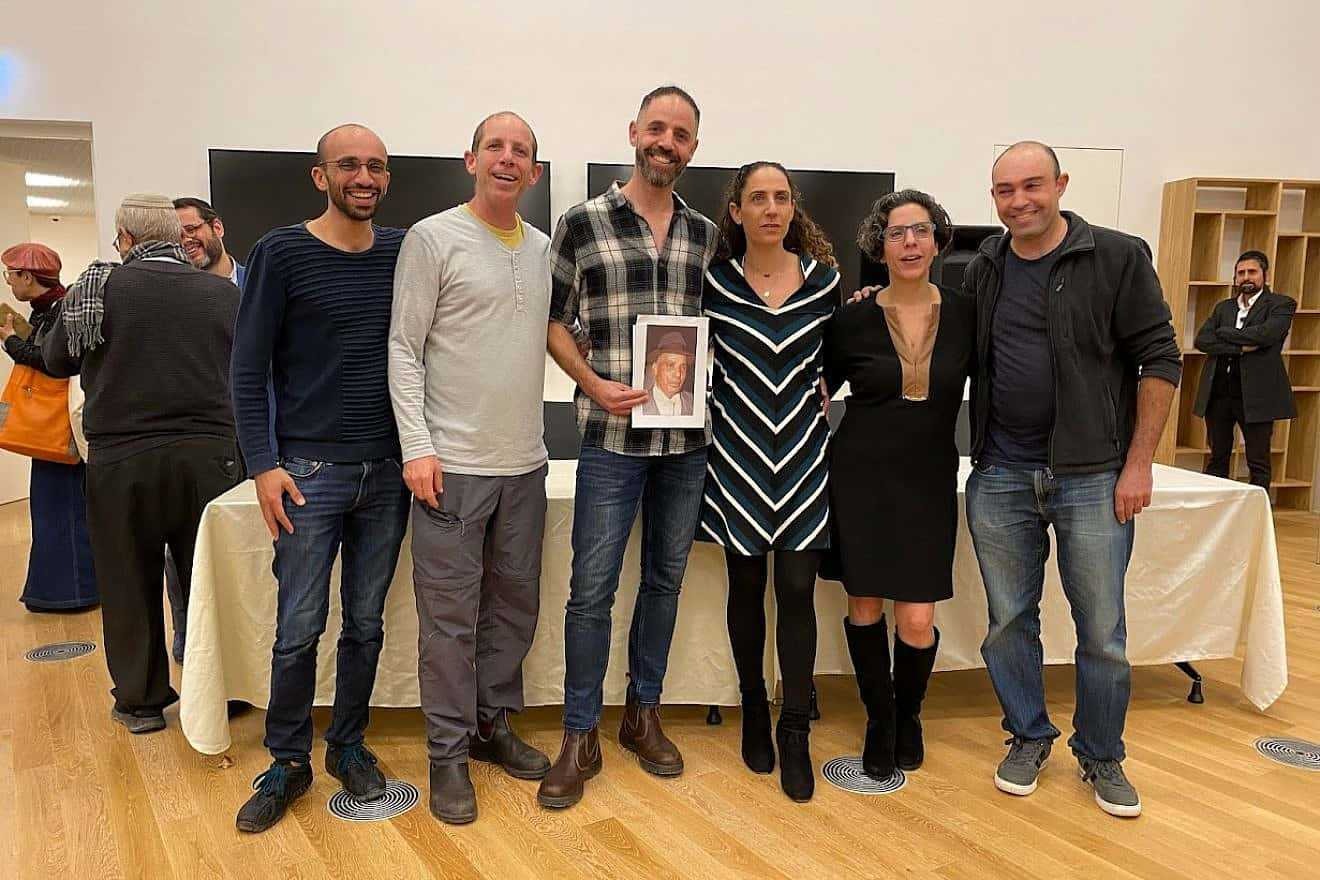


Barran Press
Yemeni archaeologist Abdullah Mohsen has revealed that a library affiliated with the Israeli occupation in Jerusalem has acquired 60,000 rare Yemeni manuscripts, donated by the family of a Yemeni Jew who emigrated to Palestine decades ago.
In a Facebook post seen by Barran Press, Mohsen, citing an Israeli website, explained that the manuscripts were donated to the National Library of Israel in Jerusalem by the family of Yehuda Levi Nahum, a Yemeni Jew who immigrated to Palestine in 1929 at the age of 14.
Mohsen noted that the donation was made on January 18th, 2024, by the Nahum family, whose patriarch passed away in 1998. He highlighted that Nahum had spent six decades amassing the largest collection of Yemeni Jewish manuscripts in the world in one place.
Mohsen questioned how Nahum managed to gather such a vast quantity of manuscripts, noting that "despite their size, they represent only a tiny fraction of the number of Yemeni manuscripts smuggled out in recent decades."
He raised a crucial question: "Where have the manuscripts from the rabbinical libraries disappeared? They number over 100,000, at the very least."
On January 22nd, the Jewish News Syndicate (JNS) website reported that the National Library of Israel had acquired the largest collection of Yemeni Jewish manuscripts in the world.
The website added that the collection, consisting of 60,000 pieces, includes "remarkable works such as the Yemenite-Jewish versions of the works of Maimonides (1138-1204) and Rabbi Yahia Saleh (1713-1805), known as 'Maharit', who was one of the greatest Jewish legal scholars in Yemen, as well as marriage certificates dating back centuries."
Abdullah Mohsen is an archaeologist specializing in tracking Yemeni artifacts sold at international auctions. His social media page has become a vital source for media outlets seeking information about the sale of artifacts in global auctions.
The ongoing war in Yemen, which began in 2015 and continues to this day, has contributed to a climate of insecurity and instability, leading to widespread organized looting and smuggling of large quantities of artifacts. Statistics estimate that over 10,000 artifacts have been put up for sale in international auctions and various platforms during the war.